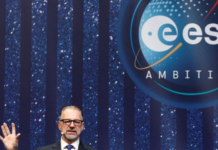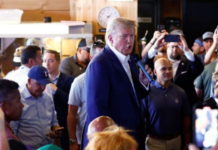
U.S. global influence, and our very security itself, is greatly dependent on domestic U.S. politics and policies. All of us who served in Vietnam understood this all too well. For most of the last decade, as China and Russia have risen to become peer competitors, and even potential adversaries, national security analysts have said “Fix America first.” But what is wrong, and how do we fix it?
Essentially, we have created over the last several decades, a badly polarized society that has hobbled the United States. There are many causes and alleged causes. There is fear, racism, inequitable distribution of wealth and power, political squabbling, egos and the clash of competing ideas, and on and on.
But at the bottom it is simply about us, our faith in the democratic process and how we communicate with each other. Much of the polarized partisanship of the last decade is related to a feeling of separation or “being left out.” The working class in America feels left behind, as automation and financialization take over their jobs. Minorities across the world, from the United States to Palestine to China, face repressive actions that separate them from a democratic way of life.












